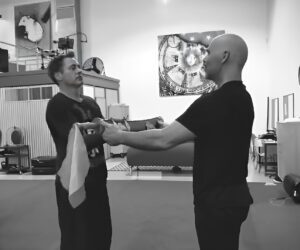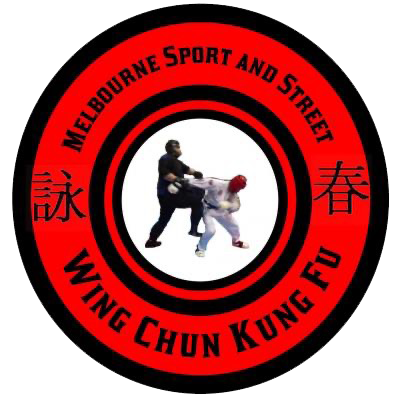Martial Arts for Stress Relief and Mindfulness
By Maurice Novoa a master under the Yuen Kay Shan, Ip Man and Pan Nam lineages.
Introduction
In today’s fast-paced world, stress has become an inevitable part of our lives. The pressures of work, family, and the constant hustle and bustle can take a toll on our mental well-being. Many people are searching for effective ways to manage stress and find inner peace. In this article, we will explore how martial arts, particularly the art of Wing Chun, can be a powerful tool for stress relief and mindfulness.
What is Wing Chun?
Before we delve into the stress-relieving benefits of Wing Chun, let’s first understand what this martial art is all about. It is a traditional Chinese martial art that focuses on close-range combat and self-defense techniques. It’s known for its efficiency, simplicity, and directness, making it accessible to people of all ages and physical abilities.
The Mind-Body Connection
Connecting with Your Body
One of the fundamental principles of martial arts is the connection between the mind and body. As an experienced instructor, I can attest to the fact that practicing Wing Chun involves a deep understanding of body mechanics. Students learn to move in harmony with their bodies, promoting physical awareness and control.
Stress Relief Through Movement
Engaging in the physical aspects of training provides an excellent outlet for stress relief. The repetitive movements and techniques require focus and concentration, allowing practitioners to temporarily shift their attention away from everyday worries and stressors.
Mindfulness in Martial Arts
Breathing Techniques

These techniques emphasize the importance of controlled breathing. Proper breathing techniques not only enhance your physical performance but also help in achieving mindfulness. Deep, rhythmic breaths can calm the mind and reduce stress levels significantly.
Presence in the Moment
In a world that often has us preoccupied with thoughts of the past or worries about the future, martial arts encourage being present in the moment. During Wing Chun training, individuals are fully engaged in their actions, promoting mindfulness and mental clarity.
Self-Discipline and Stress Management
Setting Goals
In the journey of martial arts, setting and achieving goals is a crucial aspect. Whether it’s mastering a specific technique or earning a higher belt rank, this journey instills a sense of purpose and direction in practitioners’ lives. This helps in managing stress by giving individuals a sense of accomplishment.
Emotional Regulation
The training, including Wing Chun, teaches emotional regulation. When faced with challenges or conflicts, practitioners learn to remain calm and composed, reducing the impact of stress-inducing situations.
Building a Supportive Community
Camaraderie

Being part of a martial arts community fosters a sense of belonging and camaraderie. Practitioners often form strong bonds with their fellow students, providing emotional support during tough times and further reducing stress.
Learning from Experienced Instructors

An experienced instructor plays a pivotal role in guiding students toward stress relief and mindfulness. Their wisdom and guidance help individuals navigate the path of martial arts with a focus on self-improvement and inner peace.
Conclusion
In conclusion, martial arts offer more than just physical fitness and self-defense skills. They serve as a powerful tool for stress relief and mindfulness. By connecting the mind and body, practicing controlled breathing, fostering self-discipline, and building a supportive community, individuals can find solace in this type of training. So, if you’re looking for an effective way to manage stress and cultivate mindfulness, consider embarking on this amazing journey.
FAQs
1. Is martial arts suitable for people of all ages?
– Yes, it can be practiced by individuals of all ages and fitness levels.
2. How long does it take to see the stress-relieving benefits of martial arts?
– The timeline varies from person to person, but many practitioners start experiencing reduced stress levels after a few weeks of consistent training.
3. Can I practice at home, or do I need to join a dojo?
– While practicing at a dojo with an experienced instructor is ideal, you can start learning some basic movements at home with online resources.
4. Is Wing Chun a form of meditation?
– While it’s not a traditional form of meditation, it incorporates mindfulness elements that can have meditative effects on practitioners.
5. How can I find a reputable school or instructor?
– Look for schools or instructors with positive reviews and a good reputation in your community but avoid ones with over 100 fake reviews, they are easy to tell as the accounts only have made 1 review.
Incorporating martial arts into your life can be a transformative journey toward stress relief, mindfulness, and personal growth. So, don’t hesitate to take the first step and embark on this exciting path of self-discovery and well-being.

